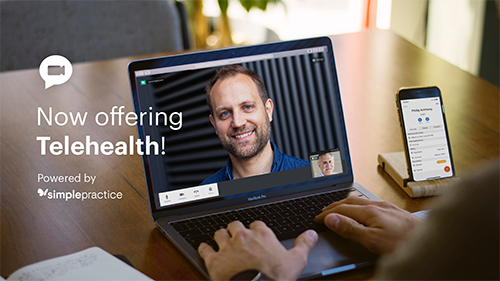Anxiety

It is not uncommon to have worrisome thoughts. National prevalence data indicate that nearly 40 million people in the United States (20%) experience an anxiety disorder in any given year.
Some anxiety isn’t bad. In fact, a little anxiety can help propel you through a happy and successful life. Having too much anxiety; however, is bad - even if it’s just a little too much.

Everyday Anxiety or an Anxiety Disorder?
| Everyday Anxiety | Anxiety Disorder |
| Worry about paying bills, landing a job, a romantic breakup, or other important life events | Constant and unsubstantiated worry that causes significant distress and interferes with daily life |
| Embarrassment or self-consciousness in an uncomfortable or awkward social situation | Avoiding social situations for fear of being judged, embarrassed, or humiliated |
| A case of nerves or sweating before a big test, business presentation, stage performance, or other significant event | Seemingly out-of-the-blue panic attacks and the preoccupation with the fear of having another one |
| Realistic fear of a dangerous object, place, or situation | Irrational fear or avoidance of an object, place, or situation that poses little or no threat of danger |
| Anxiety, sadness, or difficulty sleeping immediately after a traumatic event | Recurring nightmares, flashbacks, or emotional numbing related to a traumatic event that occurred several months or years before |
Do you have anxiety? Take the anxiety quiz to see if you may be suffering from symptoms of an anxiety disorder.
It's a normal part of life to experience occasional anxiety. However, if you’re being plagued by ‘a little too much’ anxiety, whether it’s a chronic tension or butterflies inside, social anxiety, OCD, panic attacks, phobias, or stress, please reach out. Life doesn’t have to be this way.
Bringing your anxiety down to a healthier level can help you find more enjoyment in your days, experience a better family and work environment, and eliminate the emotional, mental, and even physical problems that anxiety can cause.
We’d love to help.
Reference: Spitzer RL, Kroenke K, Williams JB, Löwe B. A brief measure for assessing generalized anxiety disorder: the GAD-7. Arch Intern Med. 2006 May 22;166(10):1092-7.





